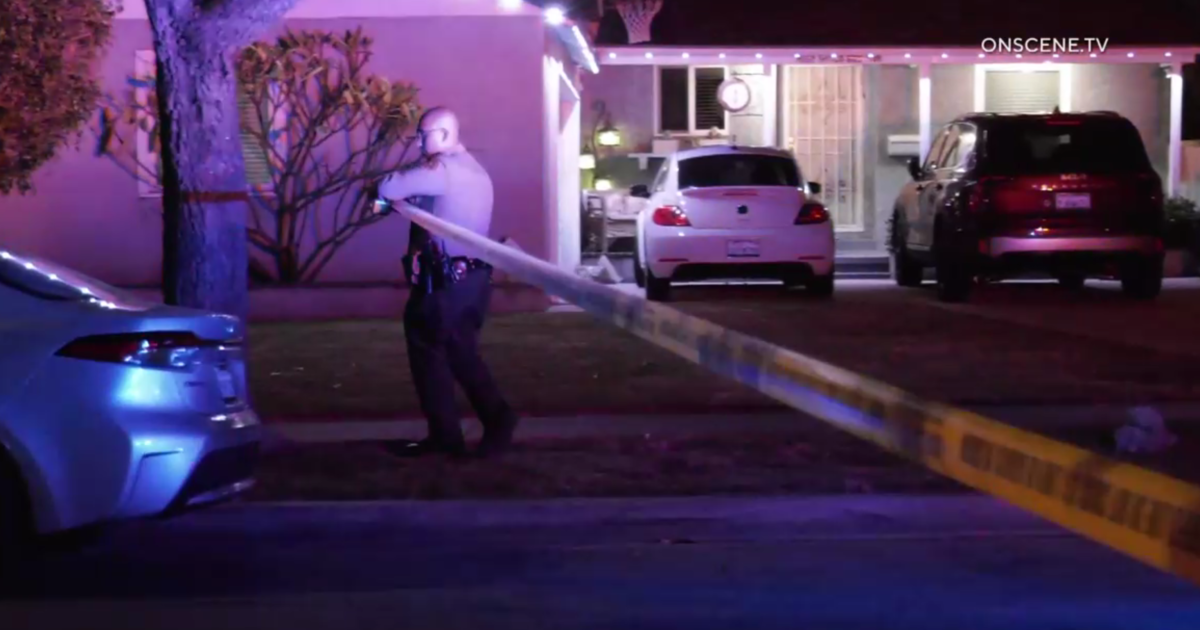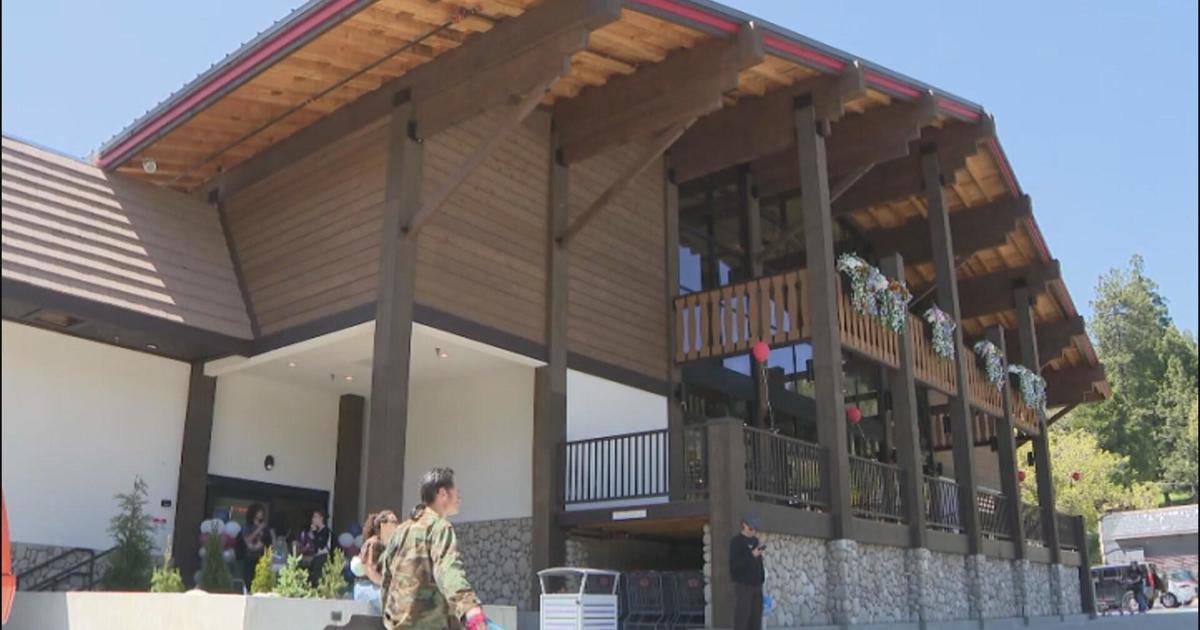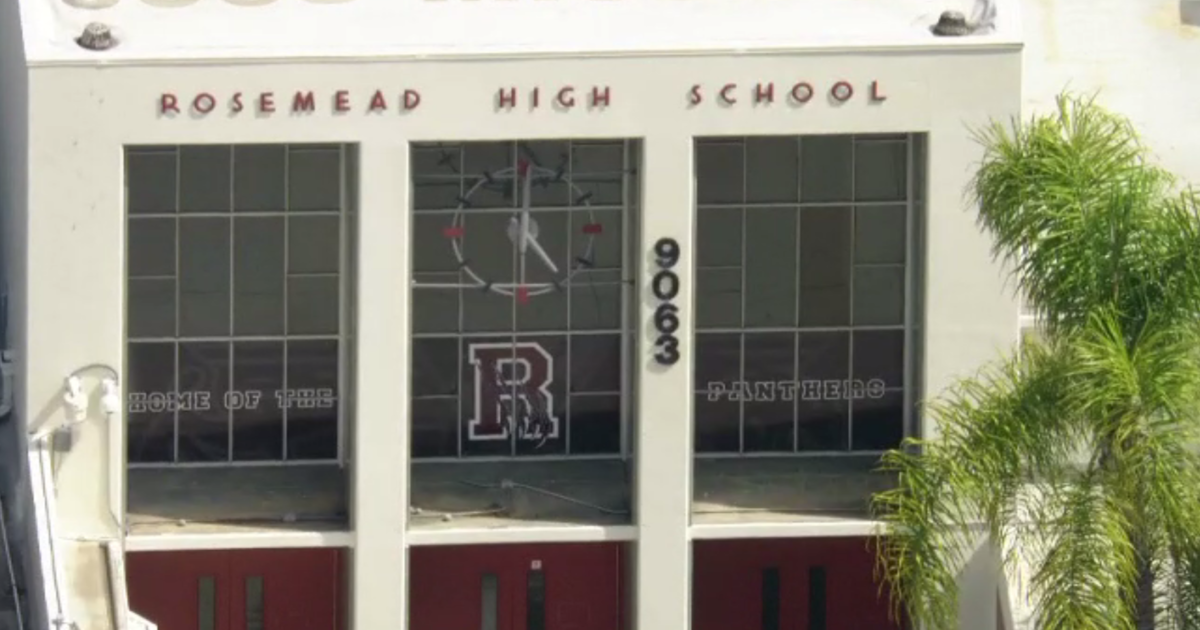Hot Weather Safety: How To Avoid Heat Strokes And Other Summer Weather Problems
Summer welcomes high temperatures in the greater Los Angeles community. The valley and inland areas usually sees triple digits, which often puts a damper on spending time outdoors, playing outdoor sports, exercising, a full day in the swimming pool or at the beach without cover. Hot weather evokes heat exposure, which includes heat stroke, heat exhaustion, breathing ailments, dehydration and sunburn. Using common sense to avoid heat-induced illnesses and seeking medical care when necessary is your best bet to survive a hot summer and protect your health.
With expected unseasonably high temperatures throughout Southern California this summer, your health will certainly be a top priority. Your body cools itself naturally by sweating - like a personal air conditioner - however, when people incur too much heat exposure, their bodies are unable to properly cool down on their own. Under these circumstances, a person's body temperature can rise too quickly, which can damage the brain and other vital organs that could result in death. Sometimes sweating isn't enough and the body cannot emit the heat quick enough. Heat stroke and heat exhaustion are two different illnesses.
Heatstroke is very dangerous and can cause serious damage, including death. Someone experiencing heatstroke is usually exposed to very hot temperatures, especially when participating in strenuous exercise. It can also happen if heat exhaustion isn't treated properly.
Symptoms of heatstroke:
- High fever (104°F or higher)
- Severe headache
- Dizziness and feeling light-headed
- A flushed or red appearance to the skin
- Lack of sweating
- Muscle weakness or cramps
- Nausea
- Vomiting
- Fast heartbeat
- Fast breathing
- Feeling confused, anxious or disoriented
- Seizures
If you are concerned that someone is having heatstroke, act quickly and call 9-1-1 immediately. In the meantime, help cool down this person by offering a cool space to rest in. Take off any restrictive clothing that may be adding to the body's temperature. Apply ice packs to armpits, neck and back, which will assist in a cool down.
Also as a result from physical exercising or time spent in hot temperatures, heat exhaustion must be treated immediately to prevent heatstroke.
Symptoms of heat exhaustion:
- Heavy sweating
- Feeling weak and/or confused
- Dizziness
- Nausea
- Headache
- Fast heartbeat
- Dark-colored urine, which means dehydration.
Take care of yourself quickly to cool down, if you think you are experiencing heat exhaustion. Drink water or other fluids, but avoid alcohol or soda drinks. It is advised to take a cool shower or bath, if possible, and remove any tight clothing. If your symptoms do not diminish after 30 minutes, call for medical attention. You want to avoid heatstroke.
The Los Angeles Fire Department is already preparing and educating communities for a safe summer to minimize the risks that come along with hot weather. The current drought situation in Los Angeles makes a heat wave that much more dangerous. Low humidity and high temps is a potent cocktail for brush fires, making the air difficult to breathe for both kids and adults with asthma and other respiratory medical conditions. Stay indoors when there is a brush fire to avoid breathing in smoke, ash and any remnants in the air.
Coping with the heat also means preparing for hot weather. Keeping safe and maintaining good health involves different measures for different age groups. Infants, elderly, and those with chronic diseases are at high risk. Health officials suggest that these people take extra precautions:
- If you have an elder or disabled neighbor or family member, check in with them throughout the day.
- Call 9-1-1 if you at all believe someone is having a medical emergency related to heat exposure.
- Seek air-conditioned public spaces such as libraries, movie theaters, shopping malls, and senior centers to cool down during the hottest time of the day.
- Stay inside an air-conditioned place during the hottest times of the day, which is between 10 a.m. and 4 p.m.
- Never leave an infant or child in the car alone, during extreme weather temperatures or at any time.
- Keep hydrated and cool.
- Be sure to wear sunscreen, hat and loosely fitting sun protective clothing.
Everyone can still enjoy the dog days of summer with these general precautionary tips to prevent heat related illnesses and deaths:
- Choose to stay cool. Limit sun exposure during the hottest time of the day, which is between 10 a.m. and 4 p.m.
- Wear a wide brimmed and well-ventilated hat.
- Wear sunblock.
- Drink up and increase your intake of fluids, keeping in mind water is the best option; avoid alcohol and sugary drinks.
- Wear loose, lightweight and light colored clothing that covers exposed skin.
- Tell someone if you are feeling ill including dizziness, faintness, nausea, muscle cramping, vomiting and headaches.
- Limit outdoor exercise and outdoor activities.




